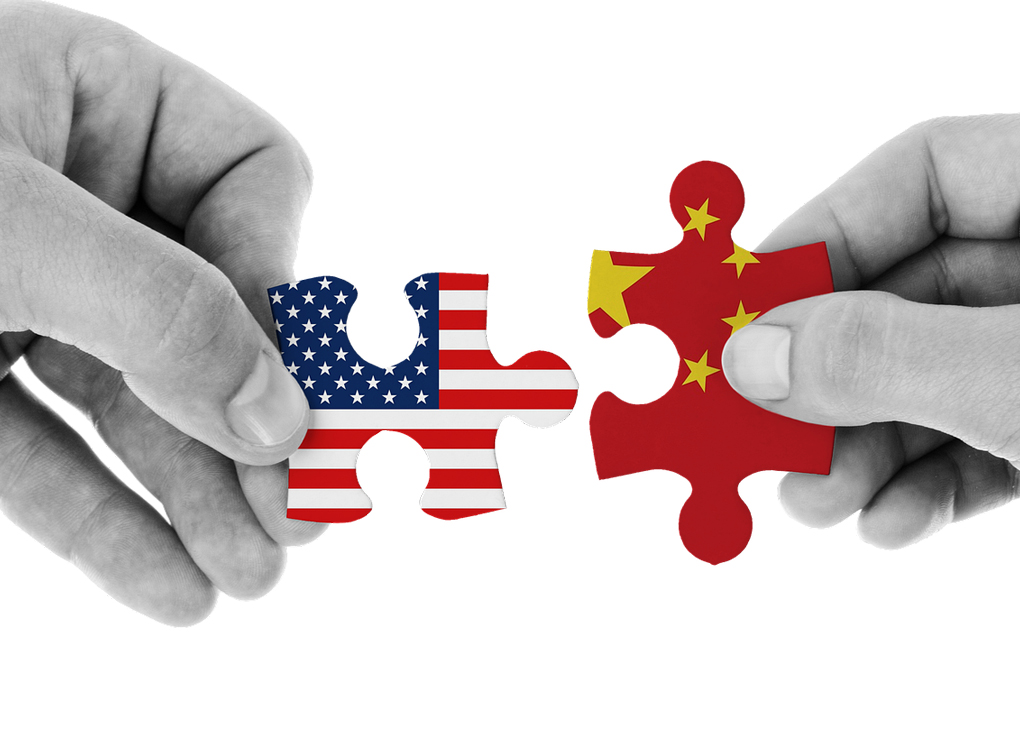China and the US have affirmed their joint commitment to phasing down HFCs in line with the Kigali Amendment to the Montreal Protocol.
The announcement came after two days of talks between US Special Presidential Envoy for Climate John Kerry and China Special Envoy for Climate Change Xie Zhenhua. Chinese president Xi Jinping had earlier confirmed his country’s intention to ratify the amendment in a meeting with Chancellor Angela Merkel of Germany and President Emmanuel Macron of France. The bilateral talks with the US produced a larger package of collaborative approaches to tackling the climate crisis.
The Cooling Coalition – a UNEP-led initiative that supports the UN Sustainable Development Goals and Paris Agreement through action on cooling – described the announcement as “a major global climate win” and said it should boost confidence ahead of broader climate talks later this year, specifically COP26.
“The move will also solidify China’s climate credentials in the Montreal Protocol forum – which focuses on cooling-related industries using fluorocarbon technology – and signals to several other major economies that China is fully on board the major market transition that is already under way,” says the Cooling Coalition.
“Market players and governments should take from China’s ratification announcement a clear signal that climate ambition in the cooling sector is fast becoming a necessity to stay competitive in the global market.”
The Kigali Amendment aims to phase down HFC production worldwide by at least 80 per cent over the coming decades under the Montreal Protocol. Commonly used in air conditioners, refrigeration equipment and foam insulation, HFCs are super greenhouse gases that, pound-for-pound, are on average several thousand times more potent than CO2 as a contributor to climate change. If fully implemented, it is estimated that the Kigali Amendment could prevent up to 0.5°C of global warming by the end of this century.
China’s ratification is vital to the success of the global HFC phase-down. The country’s manufacturing base produces about 70 per cent of the world’s room air conditioners and much of the world’s other HFC-using appliances. China’s chemicals industry also produces the vast majority of the world’s HFC gases today. China’s participation in Kigali will cover more than half of the world’s HFC production and use.
In the case of Australia, pre-charged units imported from China (and other countries) are not currently included in our HFC quota. If China ratifies Kigali, it will manage the phase-down of these HFCs.
The US is already moving to meet its obligations under the Kigali Amendment through the American Innovation and Manufacturing (AIM) Act. This requires mandatory, nationwide reductions in HFCs in alignment with the Kigali Amendment’s schedule. It is expected that the US will be fully compliant with Kigali by way of the AIM Act by the start of 2022.
So far, 119 countries have ratified the Kigali Amendment and committed to phasing down HFCs.
 Mark Vender
Mark Vender


Leave a Reply